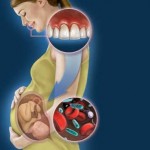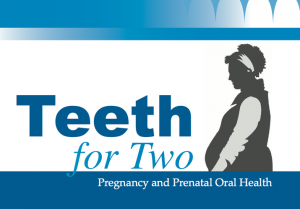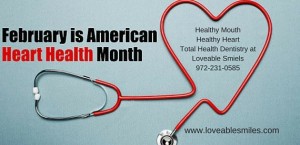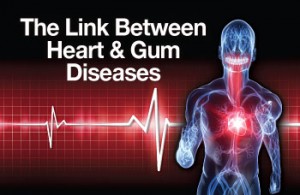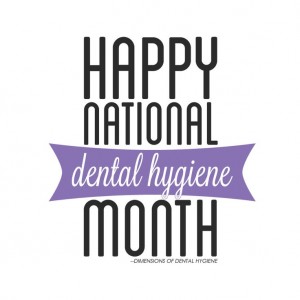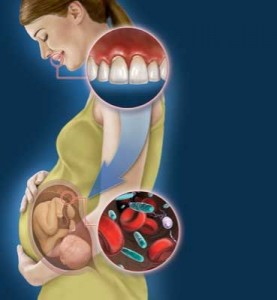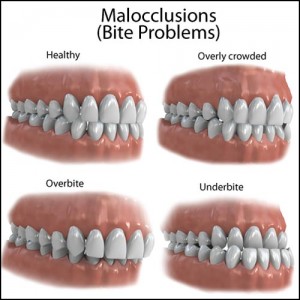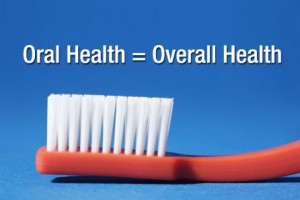November is Diabetes Awareness Month and we want to educate Diabetics on oral care and gum disease.
This blog post is part of a series of Total Health Dental Care articles to inform our readers about the connection between your oral health and your overall health.
It’s called the “Mouth-Body Connection,” and it means that poor dental health can severely deteriorate your body, especially your lungs and heart, and it can also lead to a host of other conditions including Alzheimer’s disease and even some Cancers.
So, how is Diabetes related to your mouth? 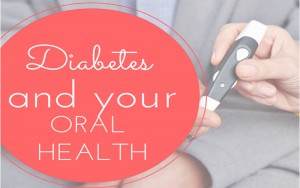
If you have gum disease you’re sending bacteria and inflammation by-products through your blood vessels, damaging the vessels and exacerbating your diabetes condition.
The startling news is that 80% of people have Gum Disease and DO NOT KNOW IT! There is usually no pain involved for people until extremely late in the degeneration. Many gum problems will go unnoticed until they are diagnosed by a dentist.
Additionally, this is how gum disease affects Diabetics:
- Uncontrolled Type II Diabetics are at a higher risk for gum disease.
- Severe gum disease can affect blood sugar.
- Diabetics have a decreased ability to fight bacteria that invade the gums.
- Medication can cause dry mouth which can cause soreness, ulcers, infections and cavities.
- A dry mouth can exacerbate the side effects of diabetes, which will then lead to an increase in glucose levels, wreaking havoc on the body.
- Having a dry mouth, especially as a diabetic, can lead to rampant tooth decay, which means blood sugar increases as the body tries, and fails, to fight infection.
- Sometimes if the blood glucose levels are higher than they should be, the result is dry mouth.
Your gums are the “foundation of your house” and if the foundation crumbles, the house crumbles with it. *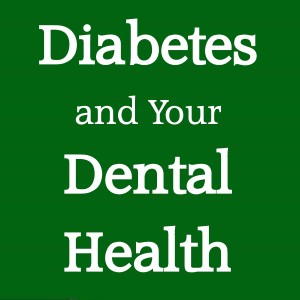
Medications and Dry Mouth
Medications that treat high blood pressure or other heart problems, including diuretics, are often used by many patients to manage complications of diabetes. A very common side effect of these medications is Dry Mouth.
The combination of two or more of these medications dramatically increase dry-mouth effects.
Dry mouth is a growing problem in dentistry. On a daily basis, Dr. Korenman and his staff see patients who suffer from dry mouth and the issues associated with dry mouth including tooth decay, gum disease and mouth sores.
The Good News for Diabetes Patients
The good news is that Dr. Korenman and his team are dedicated to educating the public about the dangers of gum disease and they check all their patients for it.
If you are diagnosed with gum disease, Dr. Korenman can design a treatment plan to help you overcome it and then to keep it under control.
Additionally, if you suffer from Dry Mouth, Dr. Korenman provides the following tips for treating this dangerous condition:
- Swish with water in addition to drinking it.
- Chew sugarless gum.
- Patients with dry mouth should have regular dental checkups with Dr. Korenman and his staff for evaluation and treatment. Please bring up-to-date medication list with you to your appointment at Loveable Smiles.
We urge you to call Loveable Smiles for your Total Health Dental Care appointment at 972-231-0585.
This is just one of many examples of how we treat people, not just teeth.




